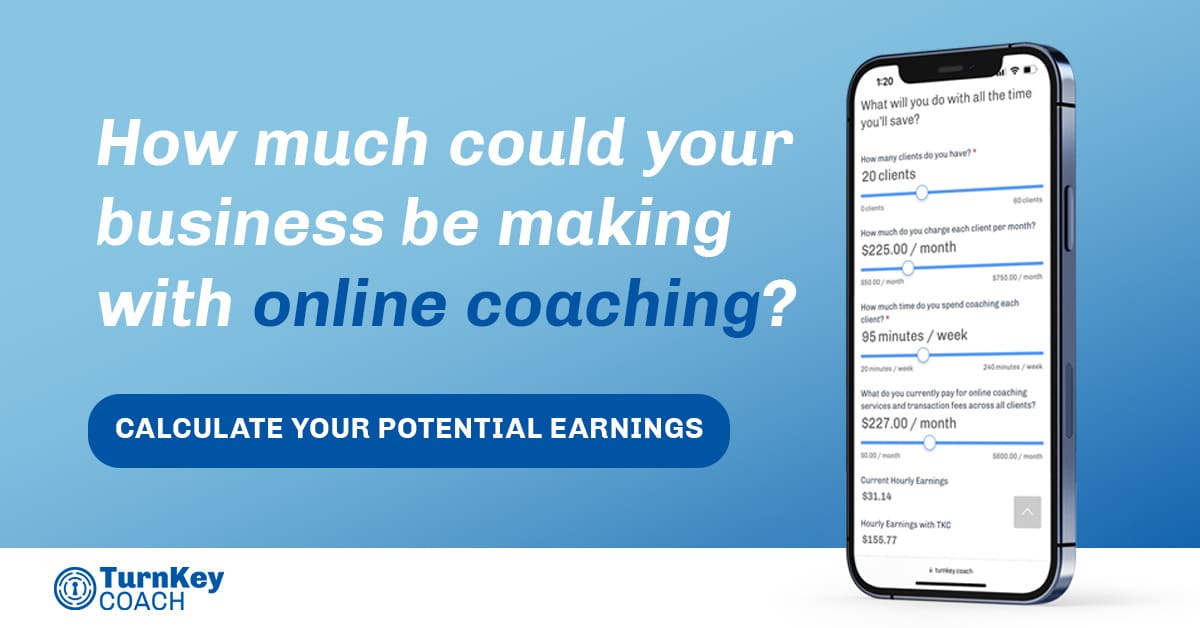
Client to Coach: Crushing the Client Life Cycle
Learn how many go from client to coach, crushing the client life cycle. This is Micaela Bickel’s story.
Over the years, Barbell Logic Online Coaching has seen a common lifecycle among its clients: People would find and consume their content, become clients, get great results from training, deep dive into all the technical details of lifting, and start sharing this knowledge with others, becoming coaches themselves. Many BLOC coaches got their start in exactly this way.
Learning all of the technical information needed to be a competent coach, as well as gaining practical experience working with real lifters, can be a daunting task. The Barbell Academy was started to help make this journey more straightforward and remove some of the frustration that comes with self-guided study.
For those who want to coach professionally, TurnKey Coach was developed so that anyone in the world could have access to an intuitive, efficient, affordable online coaching platform that would empower them to realistically transition to coaching as a full-time career.
Micaela Bickel is a great example of this lifecycle. She started as a personal trainer, mainly focusing on aerobic exercise and circuit training. She started sprinkling in barbell lifts at the request of the gym where she worked, but this wasn’t her area of expertise.
Like many, she was apprehensive that barbells were dangerous. This wasn’t a purely hypothetical concern. She had injured her back while traveling a couple of years earlier and didn’t want to make the lingering symptoms worse. To her surprise, lifting made her back feel great! This propelled her to learn more about barbells and eventually attend a lifting seminar.
The seminar was humbling. She realized there was a lot she didn’t know. Fortunately, she was referred to the Barbell Academy, and—in her words—it was nothing short of “amazing.” Not only did she learn about biomechanics, lifting technique, and programming, but also the teaching progressions that introduce beginners to strength training. This was especially helpful since she was looking to transition over to coaching this style of training and open her own studio.
Starting her own business had its own challenges, but she didn’t let that slow her down and figured out what she didn’t know along the way. Many of her clients train in person for two to three months and then transition to online coaching. This frees her up to book new clients and continue building an online client base.
Online coaching makes sense for clients. In-person coaching with an expert coach is expensive, but online coaching with the same coach is much more affordable for a long-term coaching relationship. This allows lifters the flexibility to continue getting guidance and feedback uninterrupted, even through vacations and schedule changes.
Coaching online is a more efficient use of her time as well, since most training sessions are filled with rest periods and other downtime. It also allows her working schedule to be much more flexible, as she doesn’t have to be with clients while they train. Leveraging a physical gym to quickly introduce newcomers to strength training and funneling those trainees to your online coaching service is a great business strategy.


